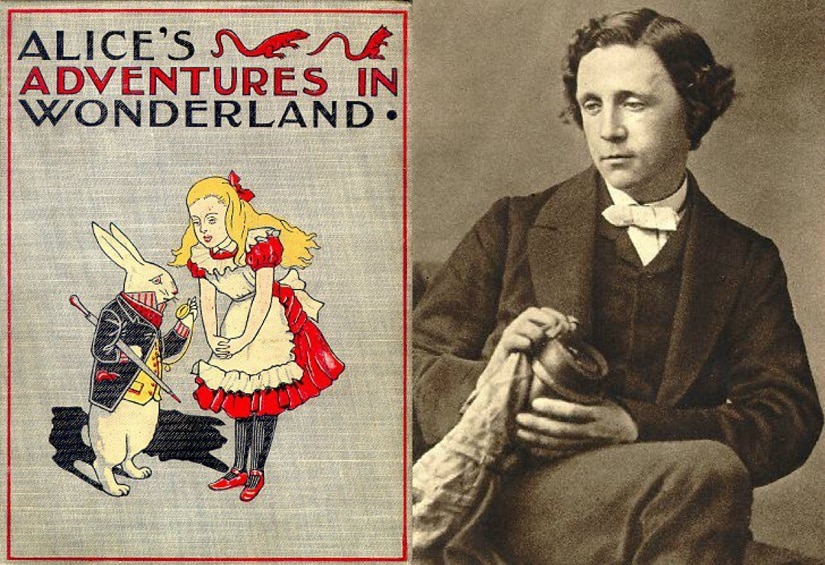

Her husband, also a scientist, resorted to denial. The Character’s Reactions: Through each of her characters, Genova dissects how different people may respond to a diagnosis. There are so many special, emotionally charged moments in the book: when Alice doesn’t recognize her own daughter, when she forgets her own family recipe, or when she gets lost by herself on a run.ģ. And the trauma of her early diagnosis hits hard-but in a good way. It’s like you’re experiencing her life alongside her. Because the book is written from Alice’s perspective, you feel connected to her. The Emotional Power: It’s inevitable that readers will become emotionally invested in this novel-a testament to Genova’s powerful writing. Through this insightful book, readers are able to imagine what it’s like to live with the disease.Ģ. Genova was able to understand the science of her grandmother’s diagnosis, but she had a hard time imagining what her grandmother actually felt, what she was going through. The Origin Story: While Lisa Genova was pursuing her PhD in neuroscience at Harvard University, her grandmother was diagnosed with early onset Alzheimer’s.

We were incredibly moved by this beautiful and terrifying novel about a Alice, 50-year-old psychology professor diagnosed with early onset Alzheimer’s.


 0 kommentar(er)
0 kommentar(er)
